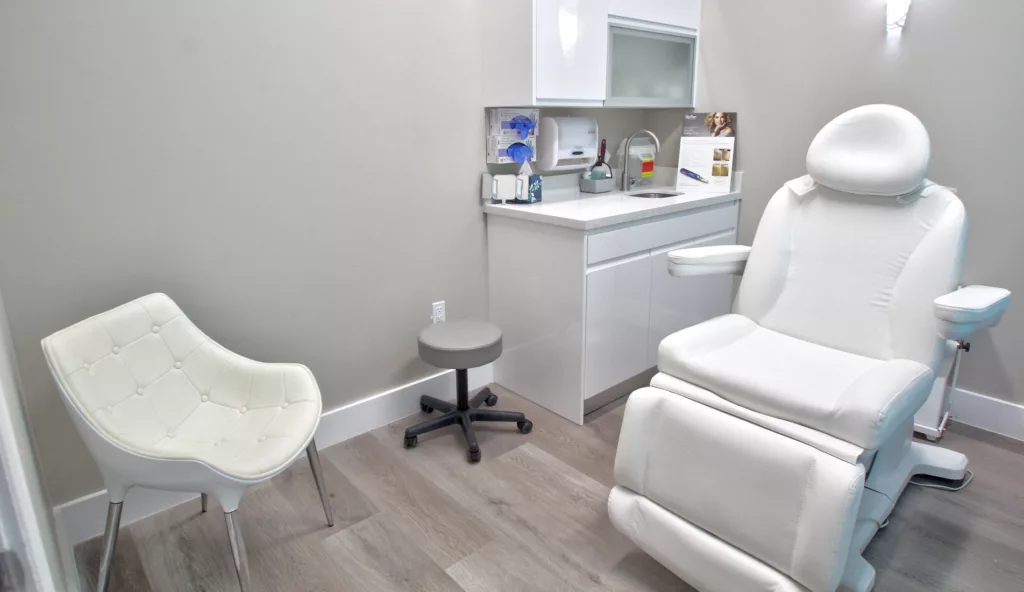Deciding to sell your dental practice to a Dental Support Organization (DSO) is a significant choice that impacts both your professional and personal life.
"I wanted to give the office to a good person. It's like your baby," Dr. Emily Lee.
Let's examine when a DSO partnership makes sense - and when it doesn't.
When a DSO Partnership Makes Sense
Strong Financial Performance
If your practice is generating significant revenue ($1.5M+) with healthy EBITDA ($250K+), DSOs can often offer substantially higher valuations than individual buyers. Through our experience, we've seen corporate buyers typically offer multiples that are significantly more attractive than traditional doctor-to-doctor sales.
Operational Relief Desired
Consider a DSO if you're seeking relief from administrative burdens while continuing clinical work.
"This is our first time ever in 15 years...no calls no emails," said Dr. Robert Hendricks.
DSOs excel at:
- Managing day-to-day operations
- Handling HR and staffing
- Overseeing marketing and growth
- Managing insurance and compliance
- Providing stable infrastructure
- Supporting technology investments
Retirement Planning
For doctors looking at retirement within the next five years, DSOs often provide a more structured transition path. They can offer clear timelines, established protocols, and the ability to gradually reduce clinical hours while maintaining income.
Growth Investment Opportunities
Many DSO deals include equity participation options, allowing you to benefit from the practice's future growth as part of a larger organization. This can provide significant wealth-building opportunities beyond the initial sale.
"Associates have been happy...some of them have improved as far as their productivity." said Dr. Robert Hendricks.
When to Consider Alternative Options
Strong Independence Desired
If maintaining complete autonomy in decision-making is crucial to you, a DSO partnership may not be the right fit. Corporate structures necessarily involve standardized processes and shared decision-making.
Early Career Stage
For doctors planning to practice for 6+ years who aren't experiencing burnout, maintaining independence may offer better long-term value. You'll retain the ability to grow the practice according to your vision.
Financial Considerations
Carefully evaluate post-sale compensation structures. If the combined sale proceeds and ongoing compensation don't align with your financial needs, it may be worth exploring other options or timing.
Making Your Decision
Consider working with an experienced advisor who can help you:
- Evaluate your practice's current market value
- Understand different DSO models and structures
- Compare multiple offers and opportunities
- Navigate complex deal terms
- Ensure alignment with your personal goals
The right choice depends on your unique situation, goals, and timeline. Take time to honestly assess what matters most to you in your practice's next chapter.
Remember: There's no universal "right time" to sell to a DSO. The best decision is one that aligns with your professional goals, personal values, and financial needs.



